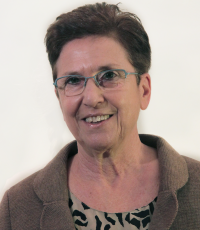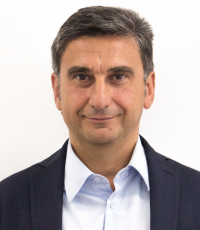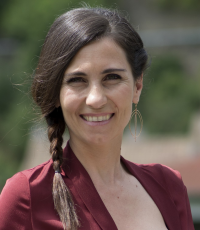Italy is actively involved in EPTRI which sees the participation of 24 Institutions interested in paediatric basic, preclinical and translational research and innovation, among which Universities, Hospitals, and research centers of excellence.
EPTRI-IT is organised as a Joint Research Unit (JRU), coordinated by Consorzio per Valutazioni Biologiche e Farmacologiche (CVBF) together with Consiglio Nazionale delle Ricerche (CNR) and the Italian Network for Paediatric Clinical Trials (INCiPiT) which will be respectively in charge of the general management and of chairmanship of the two decisional boards: the General Assembly (GA) and the Scientific Committee (SC).
EPTRI has received the official letters of political and financial support from Ministero dell’Università e della Ricerca on the 13th of February 2020 and from Consiglio Nazionale delle Ricerche on the 28th of January 2020, to support the inclusion of EPTRI in the European Strategic Forum for Research Infrastructures (ESFRI) 2021 Roadmap.
Additionally, all Italian Partners of EPTRI have signed the Memorandum of Understanding which was one of the main documents of the ESFRI application submitted on September 9th, 2020.
Italy has registered a great participation in the EPTRI context analysis surveys developed during the H2020 ID-EPTRI project which shown expertise in the areas of “Paediatric Medicines Discovery” (47%), “Paediatric Biomarkers and Biosamples” (28%), “Developmental Pharmacology” (2,94%), “Paediatric Medicines Formulations” (13,24% ) and “Paediatric Medical Devices” (8,82%).
The main objectives of EPTRI-IT are to reinforce the paediatric research in Italy by promoting and sharing the progress of biological and medical science in paediatrics and to contribute in reducing the serious delays in providing paediatric patients with age-tailored, safe and efficacious advanced medicines and innovative therapies.





